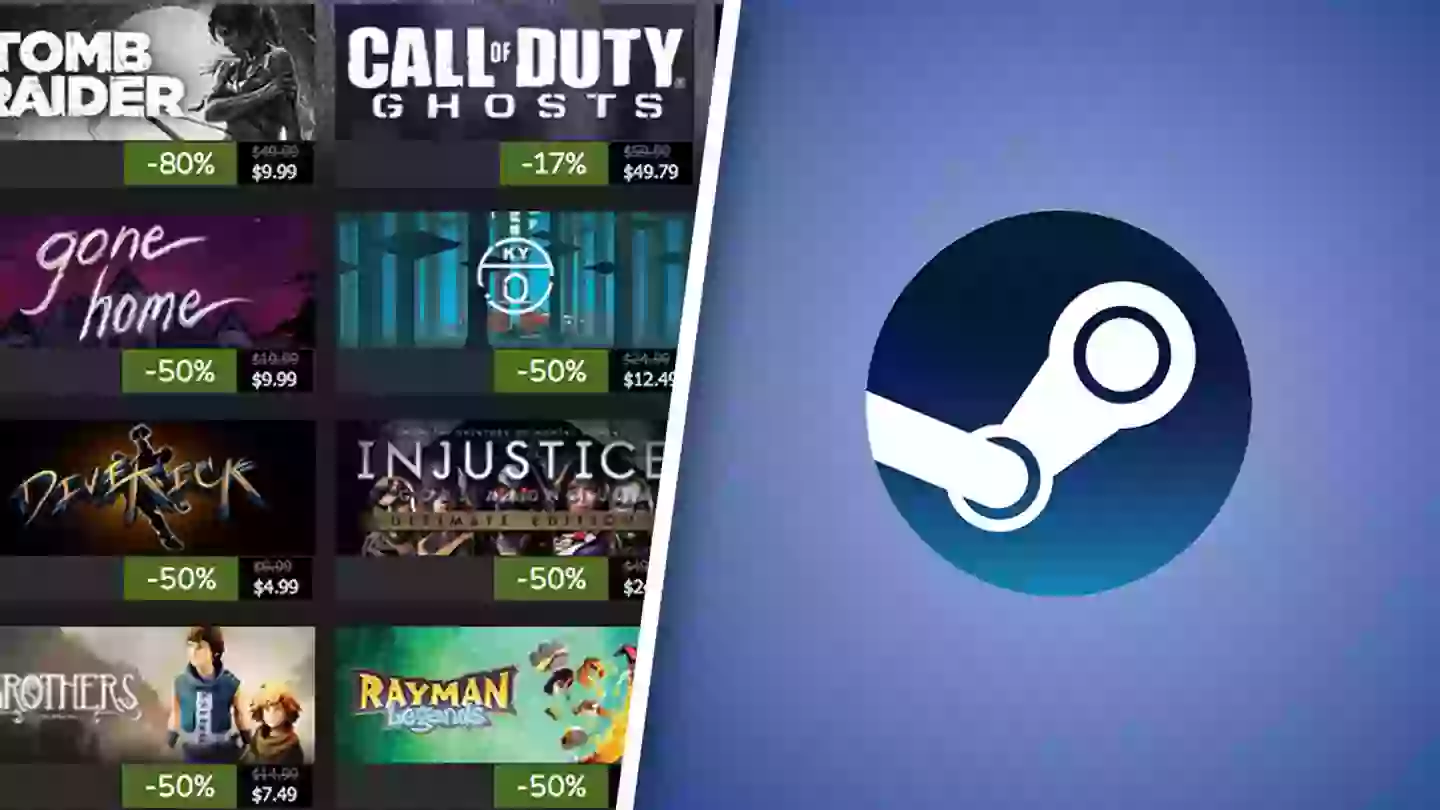
A new lawsuit has been set up that accuses Steam owner Valve of abusing its dominant position in the PC gaming market.
"Valve Corporation faces a £656 million collective action claim for overcharging 14 million PC gamers and abusing its dominant position in the UK. Valve owns and operates Steam - the largest digital distribution platform for PC games in the world," the official site for the lawsuit reads.
The lawsuit has been started by Vicki Shotbolt, who is a campaigner for digital children's rights, and if successful could entitle people who have purchased a product on the platform since 2018 up to £44 in compensation. Essentially what the company has been accused of is that it attempted to drown out competition by manipulating market prices and making it so that new competitors don't get a fair chance.
Advert
ICYMI: We sat down with the cast of The Acolyte.
"Companies who hold a dominant position in a market are not allowed to charge excessive or anti-competitive prices. They also cannot impose other unfair trading conditions that prevents or hinder others from competing with them. We believe Valve Corporation has been unfairly shutting out competition for PC games and in-game content, which has meant that UK customers have paid too much for these products," the site continues.
An FAQ on the site explains that the claim has three key issues that it is trying to draw attention to. The first is that of price parity obligation clauses (essentially making it so that developers can't offer better prices on one platform without also offering them on another), the second is excessive pricing (with the claim stating that Valve has imposed an excessive commission on developers) and the third is tying (which makes it so that a player must purchase any add-on content for a game from Steam, and can't get it from any other storefront).